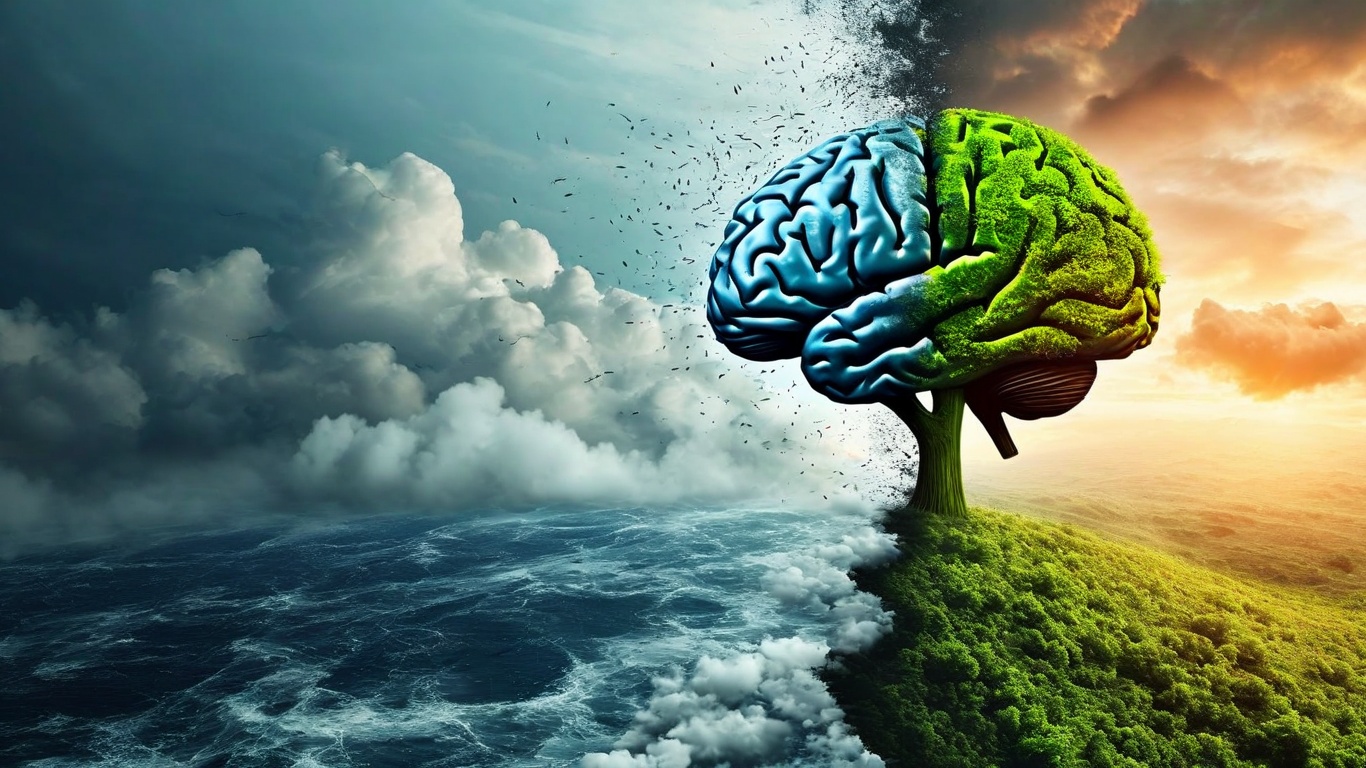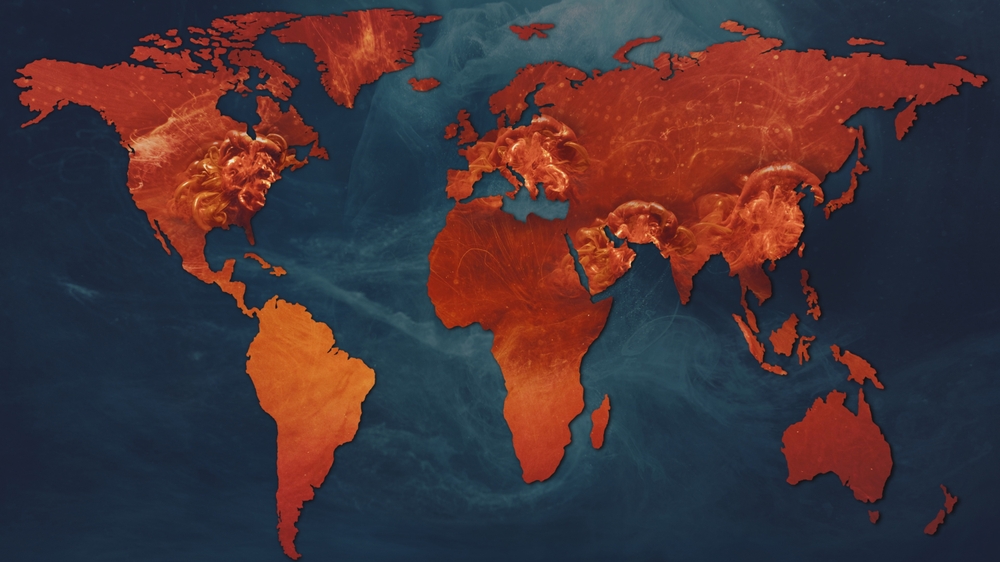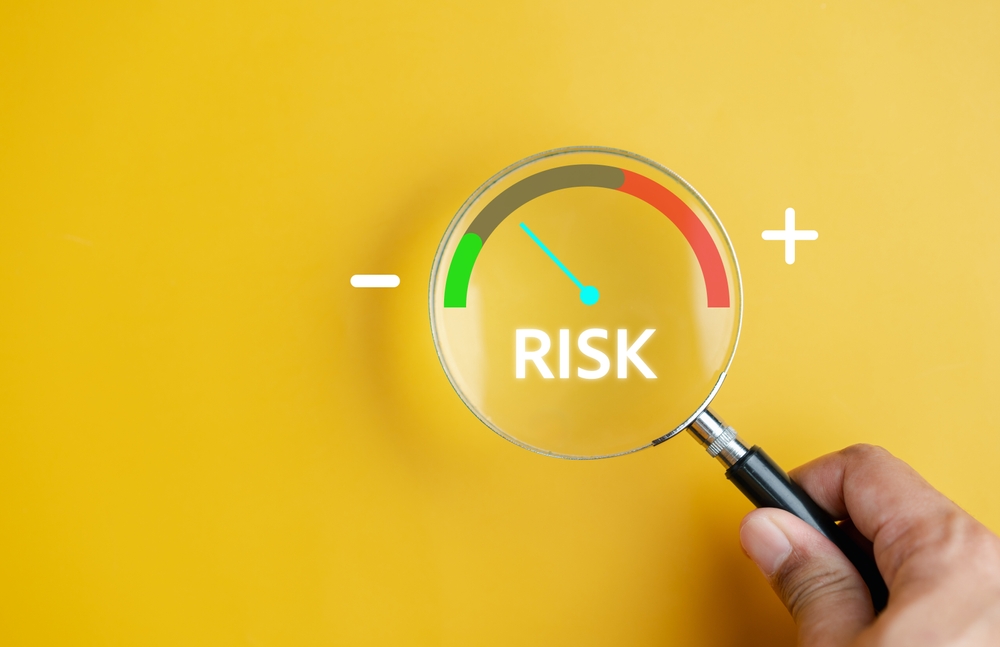Book Reviews
Philosophical Aesthetics
Quantum Computing
Global Value Chains
Peace and Stability Operations
Autonomous Intelligent Enterprise
Artificial Intelligence

Global Value Chains
It’s Time for Companies to Adapt to Climate Change
Despite mitigation efforts, humanity prioritizes economic growth over climate limits. Bipartisan experts advocate climate adaptation as practical survival strategy. Early investments of $1.8 trillion could yield $7.1 trillion in benefits.

Global Value Chains
Geopolitical Risks on the Rise
Geopolitical instability ranks as the second-highest global risk after climate change. Supply chains face increasing politicization and disruption, requiring AI-powered real-time solutions to build enterprise resilience amid persistent geopolitical threats.Retry

Global Value Chains
The Cocoa Crisis and the Holidays
Cocoa prices surged due to weather problems in West Africa, disease, and aging trees, raising chocolate costs. Companies are increasing prices and exploring alternatives like gene editing and improved cocoa extraction techniques.

Global Value Chains
Risk Management: Sleeping When the Wind Blows
Organizations face unprecedented chaos in a BANI world (Brittle, Anxious, Nonlinear, Incomprehensible), requiring AI-powered solutions that deliver resilience, explainability, anticipation, and lucidity (REAL) to navigate complex supply chain risks effectively.
.jpg)
Personal Dispatches: Reflections on today’s society through the lens of Fortune Magazine December 1941

Global Value Chains
The Taste of Color
The FDA is phasing out petroleum-based synthetic food dyes by 2026 due to health concerns. Food companies face challenges finding natural alternatives that are stable, affordable, and maintain product appeal.

Global Value Chains
Securing the Essential Minerals Supply Chain: Part Two
The April 2025 executive order promotes US seabed mining for critical minerals, but America lacks proper legal standing without ratifying UNCLOS while China already leads globally with five exploration sites.

Global Value Chains
Securing the Essential Minerals Supply Chain: Part One
China dominates global essential minerals refining despite the abundance of supplies elsewhere. Recent export restrictions highlight the weaponization of this strategic dominance. Short-term alternatives remain limited; long-term solutions require significant investment in domestic processing infrastructure.

Global Value Chains
How Resilient Is America's Food Supply Chain?
US food supply chains face significant national security risks from climate change, weather disruptions, and heavy import dependencies. University research reveals serious structural vulnerabilities requiring advanced technology and improved decision-making from manufacturers, government, and consumers.



